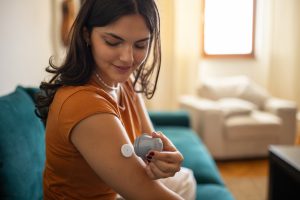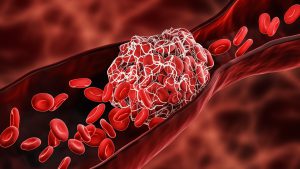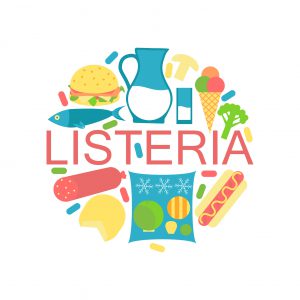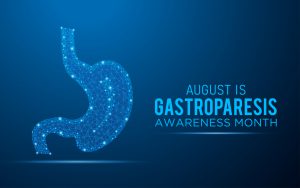 It is important to get children’s vision checked before going back to school because healthy vision is a vital part of their development. It is how they learn, play, and interact with the world around them.
It is important to get children’s vision checked before going back to school because healthy vision is a vital part of their development. It is how they learn, play, and interact with the world around them.
Unfortunately, many eye problems such as nearsightedness and infections in children go undetected, which can lead to long-term issues. There are many things to be aware of that may indicate a problem with your child’s eyes. They include:
- Their eyes do not line up or appear crossed
- Their eyelids are red-rimmed, crusted, or swollen
- Their eyes are watery or inflamed
- They rub their eyes a lot
- They close or cover one eye
- They tilt their head forward
- They have trouble reading or doing other close-up work
- They hold objects close to their eyes to see
- They blink more than usual or seem cranky when doing close-up work
- Things are blurry or hard to see for them
Regular eye examinations can prevent issues from occurring or stop them from getting worse.
In addition to getting a comprehensive eye exam, there are several ways to protect your child’s eye health, including:
- Wearing protective eyewear during sports and other activities
- Limiting screen time
- Practicing healthy nutrition
If you would like to schedule an eye exam for your child, you can visit a pediatric ophthalmologist at Jamaica Hospital Medical Center. To schedule an appointment, please call 718-206-5900.
All content of this newsletter is intended for general information purposes only and is not intended or implied to be a substitute for professional medical advice, diagnosis or treatment. Please consult a medical professional before adopting any of the suggestions on this page. You must never disregard professional medical advice or delay seeking medical treatment based upon any content of this newsletter. PROMPTLY CONSULT YOUR PHYSICIAN OR CALL 911 IF YOU BELIEVE YOU HAVE A MEDICAL EMERGENCY.










